Establishing a Petroleum Exchange is a correct policy, but to build and operate an effective petroleum exchange to meet the set goals, it is necessary to research, evaluate carefully, and refer to the experiences of many countries.
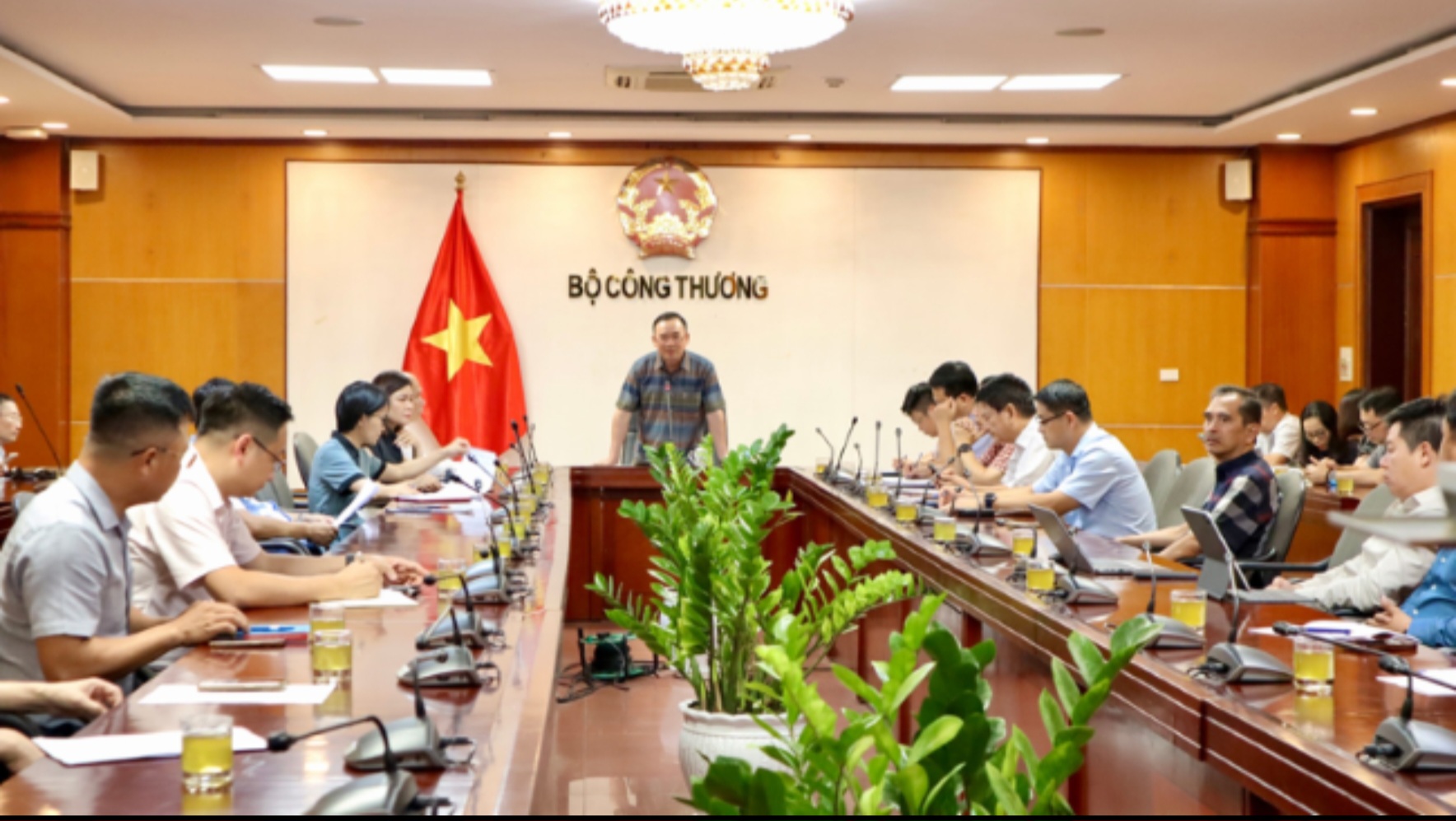 |
| Mr. Phan Van Chinh, Director of Domestic Market Department at the Workshop to collect opinions on establishing a Petroleum Exchange. |
On the afternoon of July 30, the Domestic Market Department (Ministry of Industry and Trade) held a workshop to collect opinions from experts and businesses on the establishment of a Petroleum Exchange.
Need to study carefully
Mr. Nguyen Ngoc Quynh, Deputy General Director of the Vietnam Commodity Exchange (MXV) said: "In Vietnam, the trading of products such as crude oil and natural gas is allowed by the Ministry of Industry and Trade to be piloted at MXV from May 2020 to May 2024".
 On July 18, Deputy Prime Minister Le Minh Khai requested the Ministry of Industry and Trade to review and study the establishment of a Petroleum Exchange. Accordingly, the Ministry needs to coordinate with relevant parties to study the establishment of this Exchange, and in case it exceeds its authority, report to the Prime Minister in July 2024 .
On July 18, Deputy Prime Minister Le Minh Khai requested the Ministry of Industry and Trade to review and study the establishment of a Petroleum Exchange. Accordingly, the Ministry needs to coordinate with relevant parties to study the establishment of this Exchange, and in case it exceeds its authority, report to the Prime Minister in July 2024 . 
The pilot trading process in this phase took place safely, stably, without any incidents, initially attracting the attention of many investors, and being an important information channel for management agencies and press agencies.
However, in reality, it has not attracted many businesses to participate in transactions because the policy is not stable.
The decision to allow pilot transactions on a yearly basis must be renewed. The pilot petroleum trading via MXV has stopped since May 27, 2024.
Besides, the Ministry of Finance has not had any policies on accounting and bookkeeping regime for enterprises participating in transactions at the Commodity Exchange in general and petroleum trading enterprises in particular.
In that context, Mr. Nguyen Ngoc Quynh said that the establishment of a Petroleum Exchange needs to be carefully and comprehensively considered and evaluated. Because currently, the highest cost of petroleum, up to 65%, is the world price, the rest is taxes and fees. Meanwhile, the whole country only has 2 petroleum production enterprises, the rest are imports.
"It is necessary to carefully study and evaluate the necessity of the Petroleum Exchange, which is also the opinion expressed by Economic Experts and the Vietnam Petroleum Association (Vinpa) at the Seminar: "For the petroleum market to develop stably, transparently and effectively" organized by the Government Electronic Information Portal on the same day.
Economist Ngo Tri Long said: "In 2020, the Ministry of Finance allowed the Vietnam Commodity Exchange to list crude oil and energy products on a pilot basis for price insurance and investment. This pilot shows the Government's caution, based on the pilot, experience will be drawn before mass deployment."
Recently, the Ministry of Industry and Trade has stopped this pilot project due to the revision of Decree 83 on petroleum trading and Decree 158 and Decree 151 on commodity exchanges.
"Regarding the question of whether Vietnam needs to establish a Petroleum Exchange or not, my personal opinion is that if we can establish a Petroleum Exchange, it is very good and necessary because the Petroleum Exchange has many benefits," said Mr. Long.
That is to increase transparency, publicity of prices, transactions, minimize risks; create investment opportunities for all domestic and foreign investors to participate; promote competition for exchanges....
For Vietnam, if there is petroleum trading on the Exchange, it will create a petroleum market that operates openly and transparently. Along with that, it will reduce monopoly.
But there are many challenges, the first of which is the huge initial cost. Mr. Long cited: "Establishing an Exchange requires a large investment in infrastructure, technology and human resources. This is a huge challenge for the economy if we do not have an effective management plan."
The second challenge is management and supervision; the ability of the subjects to participate; market risks because petroleum is very sensitive to price fluctuations. Finally, when building a Petroleum Exchange, it must be compatible with international regulations.
Therefore, Mr. Long said, it is necessary to carefully study the business model, method of operation as well as the operation method of this Exchange. At the same time, this expert proposed: " In the immediate future, we should allow the trading of energy products at the Vietnam Commodity Exchange as before to meet the insurance and investment needs of businesses".
Meanwhile, the operational efficiency of the Petroleum Exchange, if established, also makes businesses worried.
According to Mr. Nguyen Xuan Hung, Deputy General Director of Vietnam National Petroleum Group (Petrolimex): "Currently, the world has only two typical successful petroleum trading floors: the Chicago Stock Exchange (USA) for the WTI crude oil market and the London Stock Exchange for Brent crude oil. These two floors are successful because they have created a large enough "playground", with a large enough volume of petroleum, with buyers and sellers...".
But even China, the world's second largest oil market, previously wanted to establish such a floor, but failed.
“So if Vietnam establishes a Petroleum Exchange, will it be able to operate independently from the world’s exchanges? I think not because although Vietnam is a country that exports crude oil and has an oil refinery, it still has to import a large amount of crude oil to refine and meet domestic demand. That means domestic prices cannot be independent and cannot be unaffected by world prices,” Mr. Hung said.
Sharing more, a representative of Petrolimex said: "Currently, the biggest influencing mechanism is that the state is still managing gasoline prices. As long as the state is still managing gasoline prices, trading on the floor will be difficult. For example, today, crude oil prices have dropped sharply. If trading on the floor, the price on the floor will be higher than the market price and businesses will have to wait until the next management period to adjust prices. Therefore, trading will be difficult."
Vinpa Chairman Bui Ngoc Bao stated: "If we build trading floors like the ones in Singapore, New York, the US, the ones in the EU, it is clear that these are trading floors that require a very high level of connectivity, no different from gold and silver trading floors. The products there must be connected, we cannot build a floor and have a separate price index for gasoline and oil."
"In the past, the Vietnam Commodity Exchange has made certain progress through iron, steel and other goods. In the US, there is a regulated commodity exchange in Chicago, an oil exchange in New York... But we absolutely have a trial step to continue allowing MXV to have more goods such as gasoline and oil and can connect more items such as gasoline 92, 95 to continue to see how it is implemented for a period of time," Mr. Bao proposed.
 The Ministry of Industry and Trade continues to listen to opinions from Associations, businesses, and experts on the establishment of a Petroleum Exchange in Vietnam, to both seriously implement the Government's direction and consider and research the establishment of a model suitable for Vietnam.
The Ministry of Industry and Trade continues to listen to opinions from Associations, businesses, and experts on the establishment of a Petroleum Exchange in Vietnam, to both seriously implement the Government's direction and consider and research the establishment of a model suitable for Vietnam.Mr. Phan Van Chinh, Director of Domestic Market Department, Ministry of Industry and Trade .

Source: https://baodautu.vn/nghien-cuu-ky-tinh-kha-thi-khi-lap-san-giao-dich-xang-dau-d221226.html


![[Photo] General Secretary concludes visit to Azerbaijan, departs for visit to Russian Federation](https://vphoto.vietnam.vn/thumb/1200x675/vietnam/resource/IMAGE/2025/5/8/7a135ad280314b66917ad278ce0e26fa)
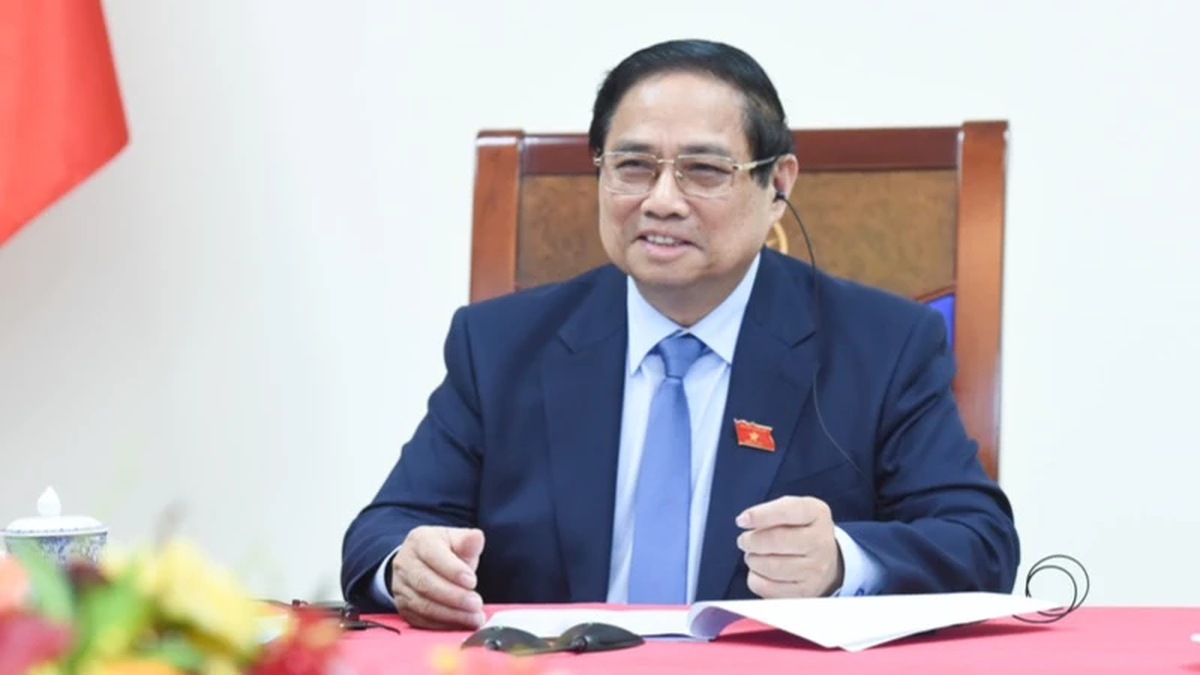
![[Photo] National Assembly Chairman Tran Thanh Man chairs the meeting of the Subcommittee on Documents of the First National Assembly Party Congress](https://vphoto.vietnam.vn/thumb/1200x675/vietnam/resource/IMAGE/2025/5/8/72b19a73d94a4affab411fd8c87f4f8d)
![[Photo] President Luong Cuong presents the decision to appoint Deputy Head of the Office of the President](https://vphoto.vietnam.vn/thumb/1200x675/vietnam/resource/IMAGE/2025/5/8/501f8ee192f3476ab9f7579c57b423ad)

![[Photo] Prime Minister Pham Minh Chinh meets with the Policy Advisory Council on Private Economic Development](https://vphoto.vietnam.vn/thumb/1200x675/vietnam/resource/IMAGE/2025/5/8/387da60b85cc489ab2aed8442fc3b14a)


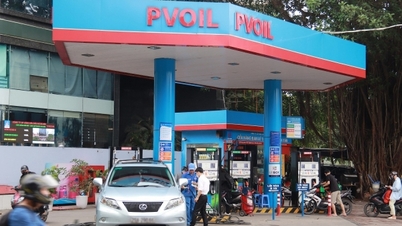







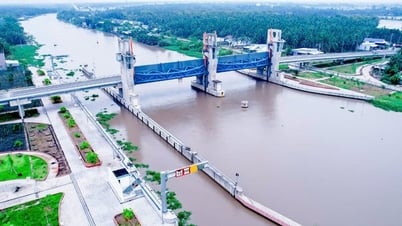
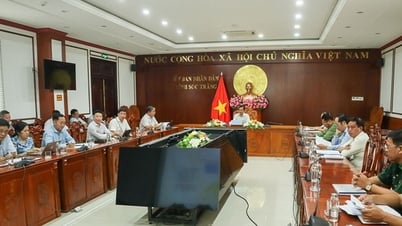
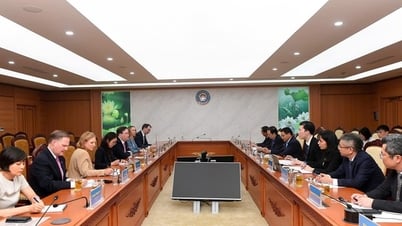
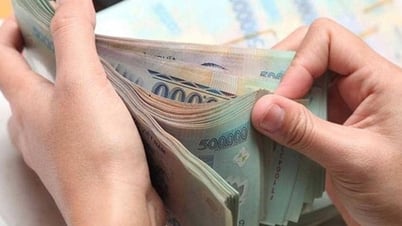
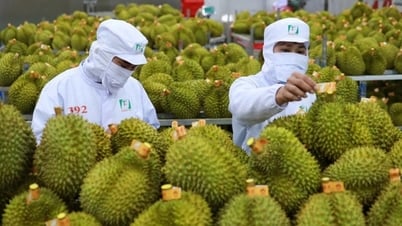








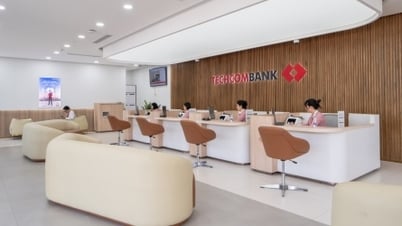
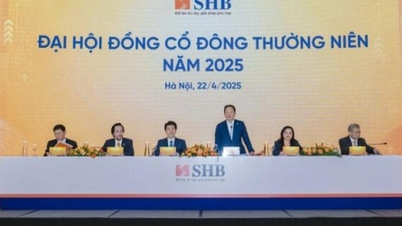





























![[Photo] Prime Minister Pham Minh Chinh talks on the phone with Singaporean Prime Minister Lawrence Wong](https://vphoto.vietnam.vn/thumb/402x226/vietnam/resource/IMAGE/2025/5/8/e2eab082d9bc4fc4a360b28fa0ab94de)











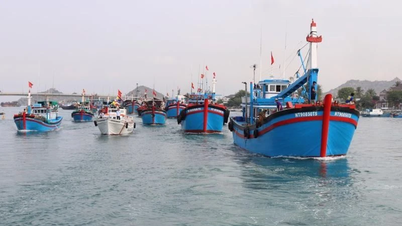

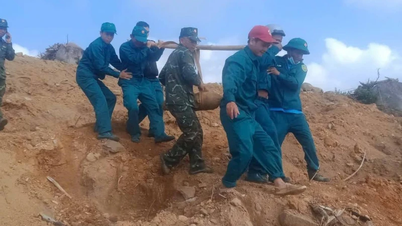
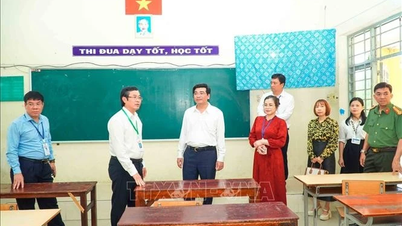



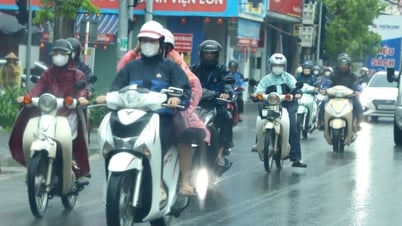

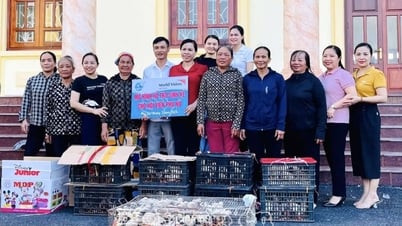













Comment (0)